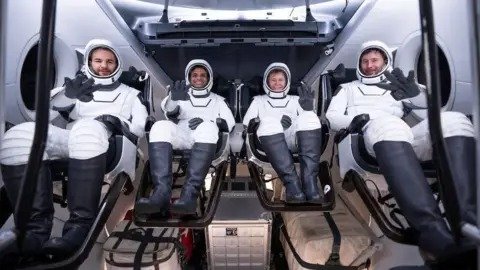In a first for India’s space mission, Group Captain Shubhanshu Shukla of the Indian Air Force has been the first Indian to go to space in more than four decades, embarking on the Axiom Mission 4 (Ax-4) to the International Space Station (ISS).
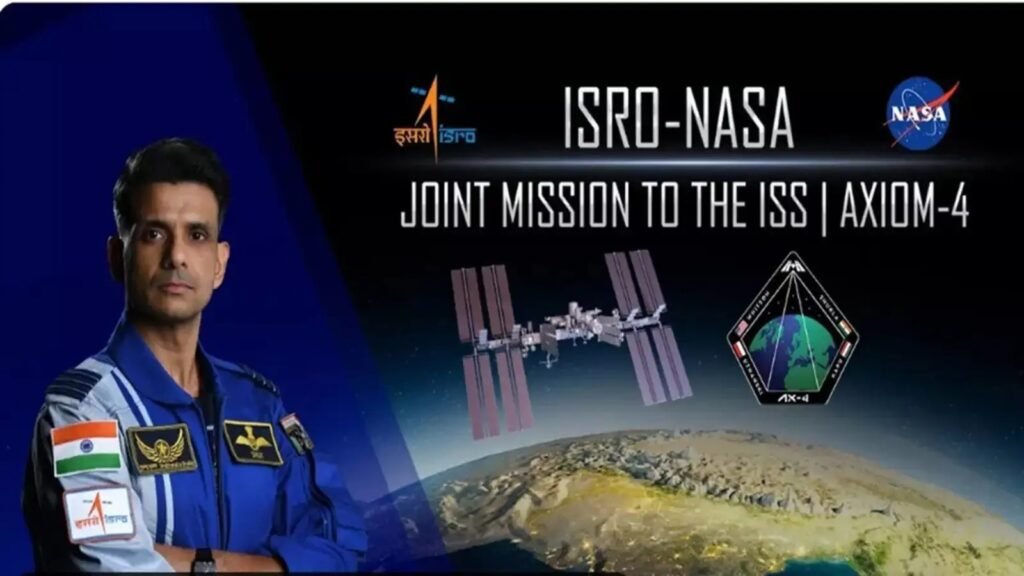
The mission, which was launched by SpaceX from the United States space agency NASA’s Kennedy Space Center in Florida on June 25, 2025, is India’s return to human spaceflight after 41 years since Wing Commander Rakesh Sharma’s mythical mission in 1984.
An Indian Flag Back in Space
Shubhanshu Shukla, 39, is an Indian Air Force-tested test pilot and one of the main faces of ISRO’s upcoming Gaganyaan human spaceflight program. His participation in the Axiom-led ISS mission was facilitated by a partnership involving Axiom Space, NASA, and the government of India.
As the rocket rocketed into low Earth orbit, it brought not only scientific instruments but the hopes of more than a billion Indians. “This is a dream I carry not only for myself, but for my country,” Shukla declared prior to liftoff.
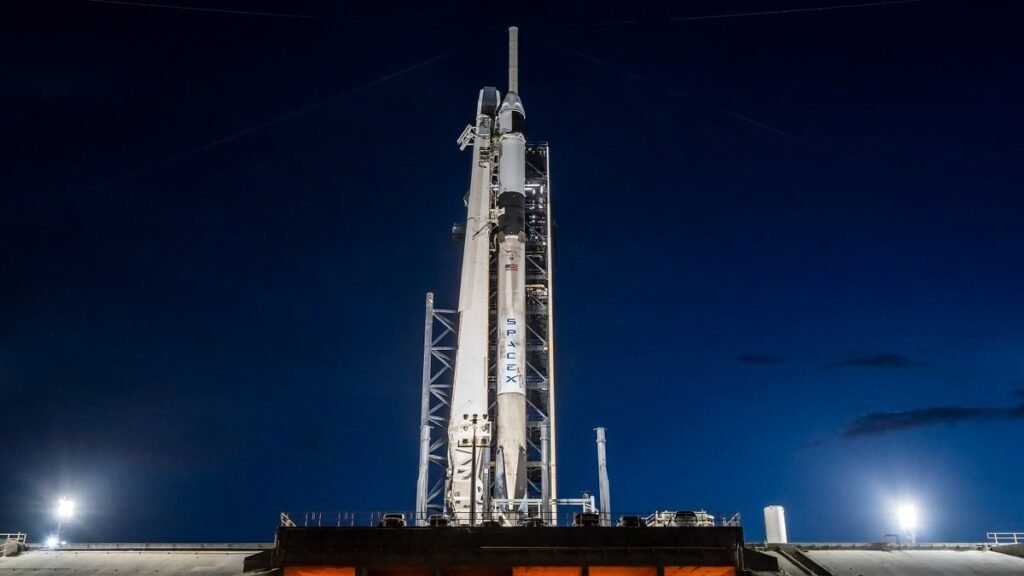
Mission Overview
Onboard Crew Dragon capsule “Grace”, Shukla traveled with mission commander Peggy Whitson (USA), and fellow experts Tibor Kapu (Hungary) and Slawosz Uznanski (Poland). The 14-day mission would see the crew perform over 60 scientific experiments in microgravity.
A number of these experiments were conceived with Indian researchers, which represents an important milestone in India’s preparations for long-term human occupancy of space.
First Indian on ISS Representing India
Although Rakesh Sharma holds the record as the first Indian in space, he went to space as part of the Soviet Union’s Interkosmos programme. Shukla is the first Indian national to travel to the International Space Station representing India, and part of an international private-public mission.
The mission is also symbolic of the new age of space exploration—where commercial and international collaborations are enabling nations like India to expand their footprints beyond Earth without exclusive dependence on national launches.
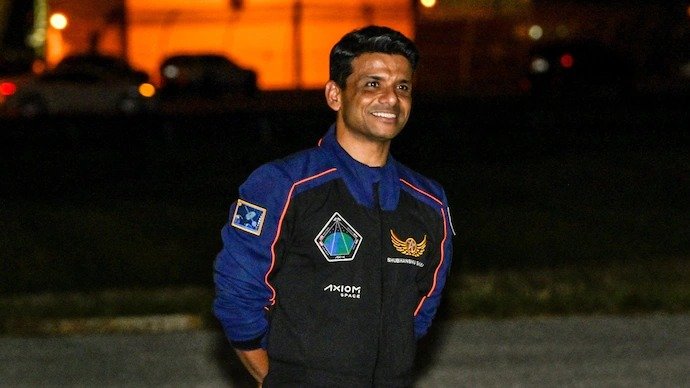
National Celebration
At home in Lucknow, Shukla’s friends and family members came together to watch the historic launch. His parents, who were visibly emotional, were proud of their son’s success and in the country’s giant leap in space exploration.
Prime Minister Narendra Modi also took to social media to offer his congratulations, calling it “a proud moment for the nation and a shining milestone in India’s space legacy.”
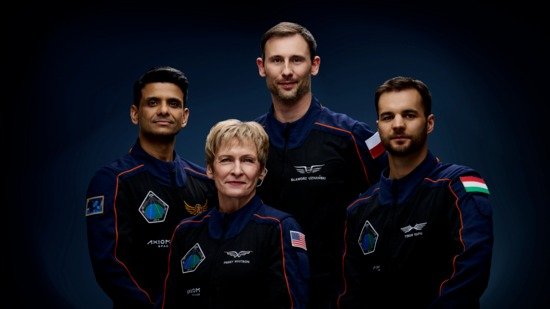
A Boost to Gaganyaan and Beyond
Shukla’s mission is a precursor to India’s own Gaganyaan human spaceflight programme, set to launch its first crewed mission by 2027. His training and flight on Ax-4 give valuable insights and international exposure to ISRO’s astronaut corps.
What’s Next?
The Ax-4 crew is due back on Earth in early July. When they return, Shukla will presumably resume his position as a principal trainer and mentor in ISRO’s astronaut programme. He will also provide inputs on India’s space diplomacy and science missions to academic and policy circles.
A New Chapter for India in Space
Group Captain Shubhanshu Shukla’s story is not merely a personal victory—it is a national occasion, one which mirrors India’s rising prominence in international space exploration. From Rakesh Sharma to Shukla, and with Gaganyaan looming on the horizon, India is consistently finding its place among the stars.
